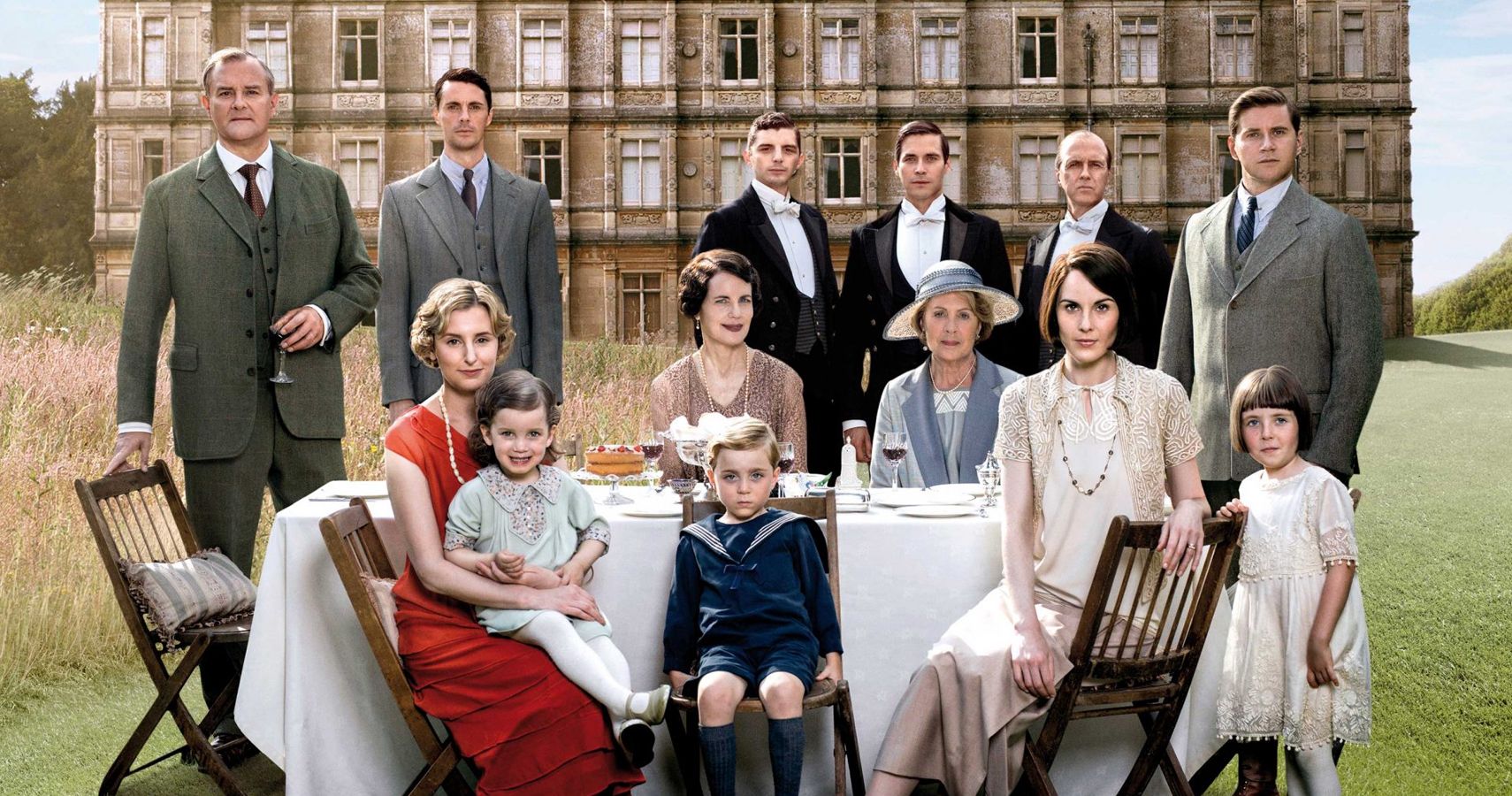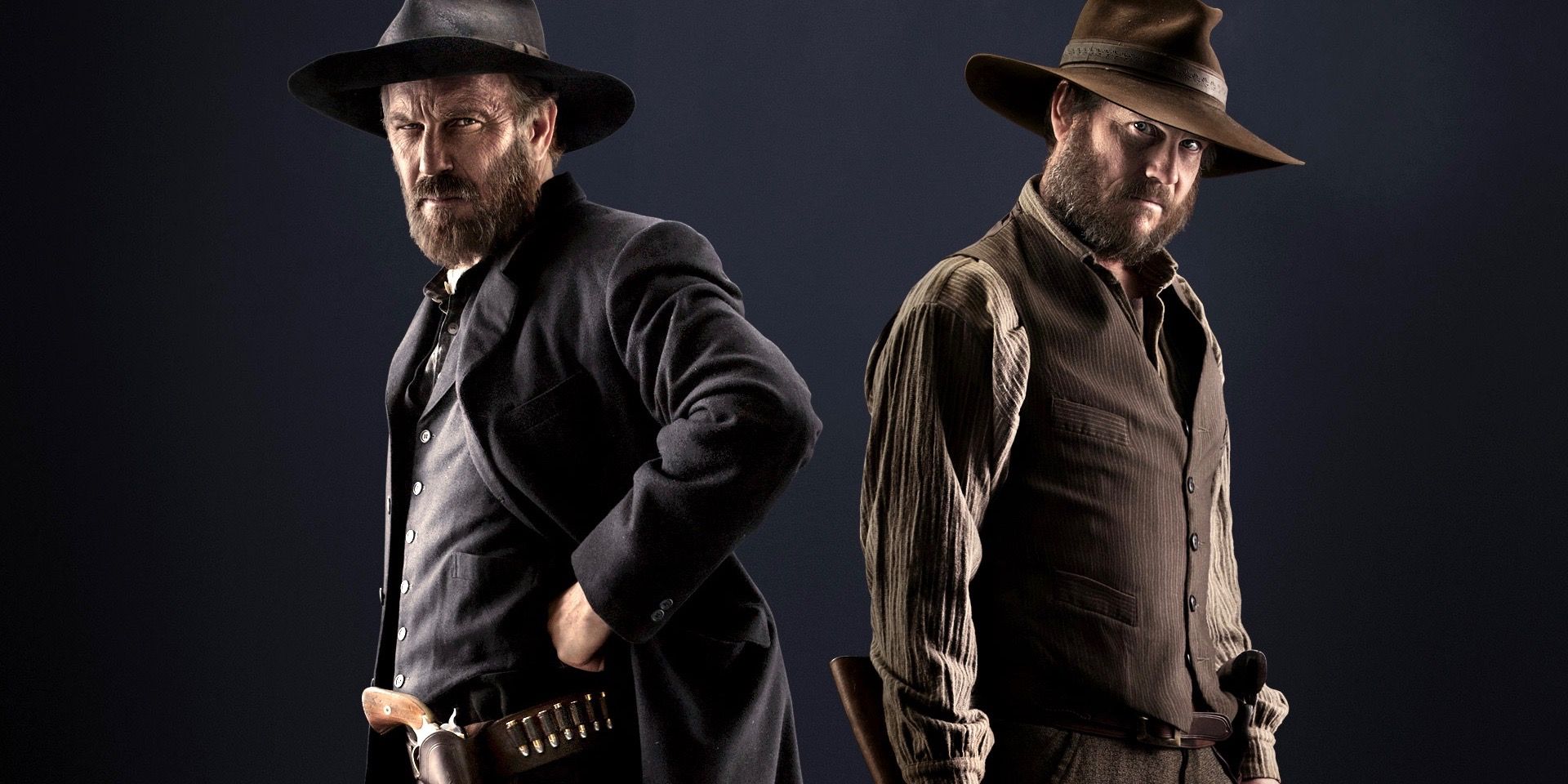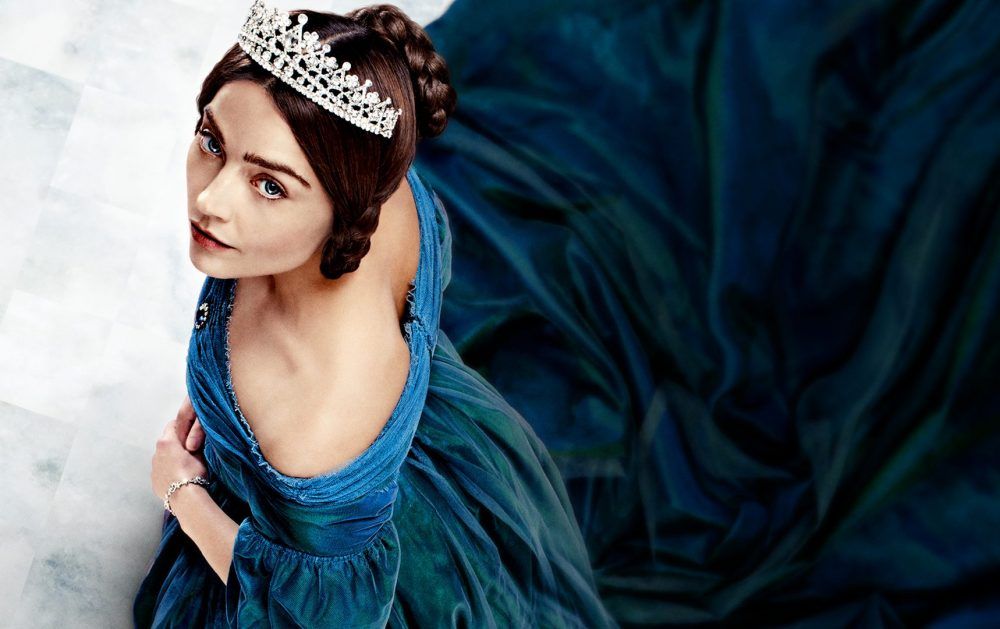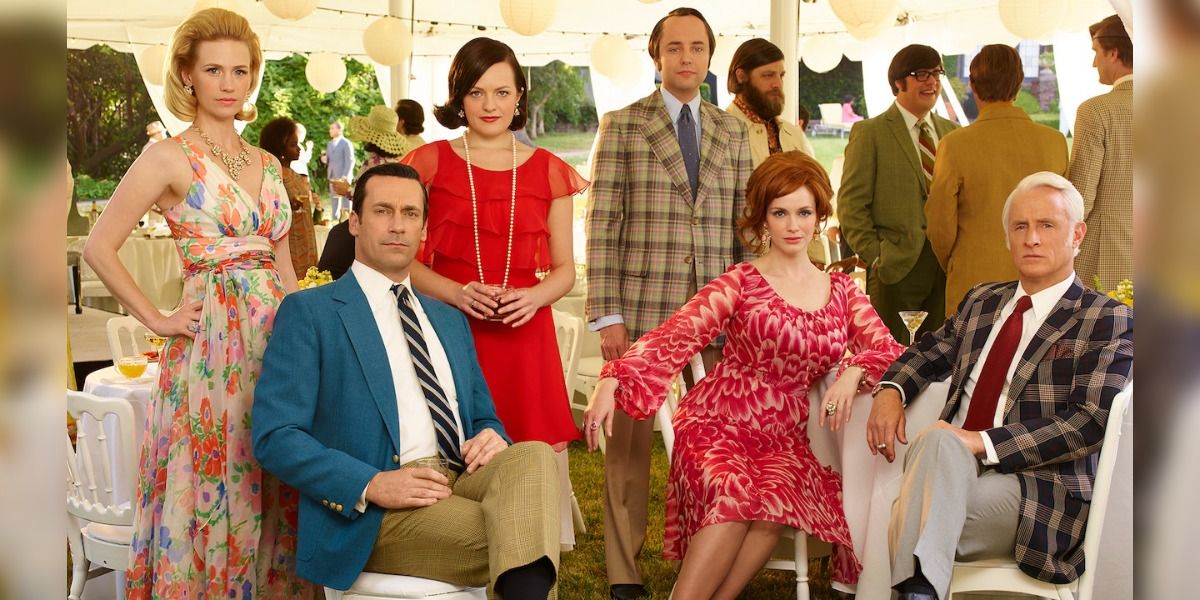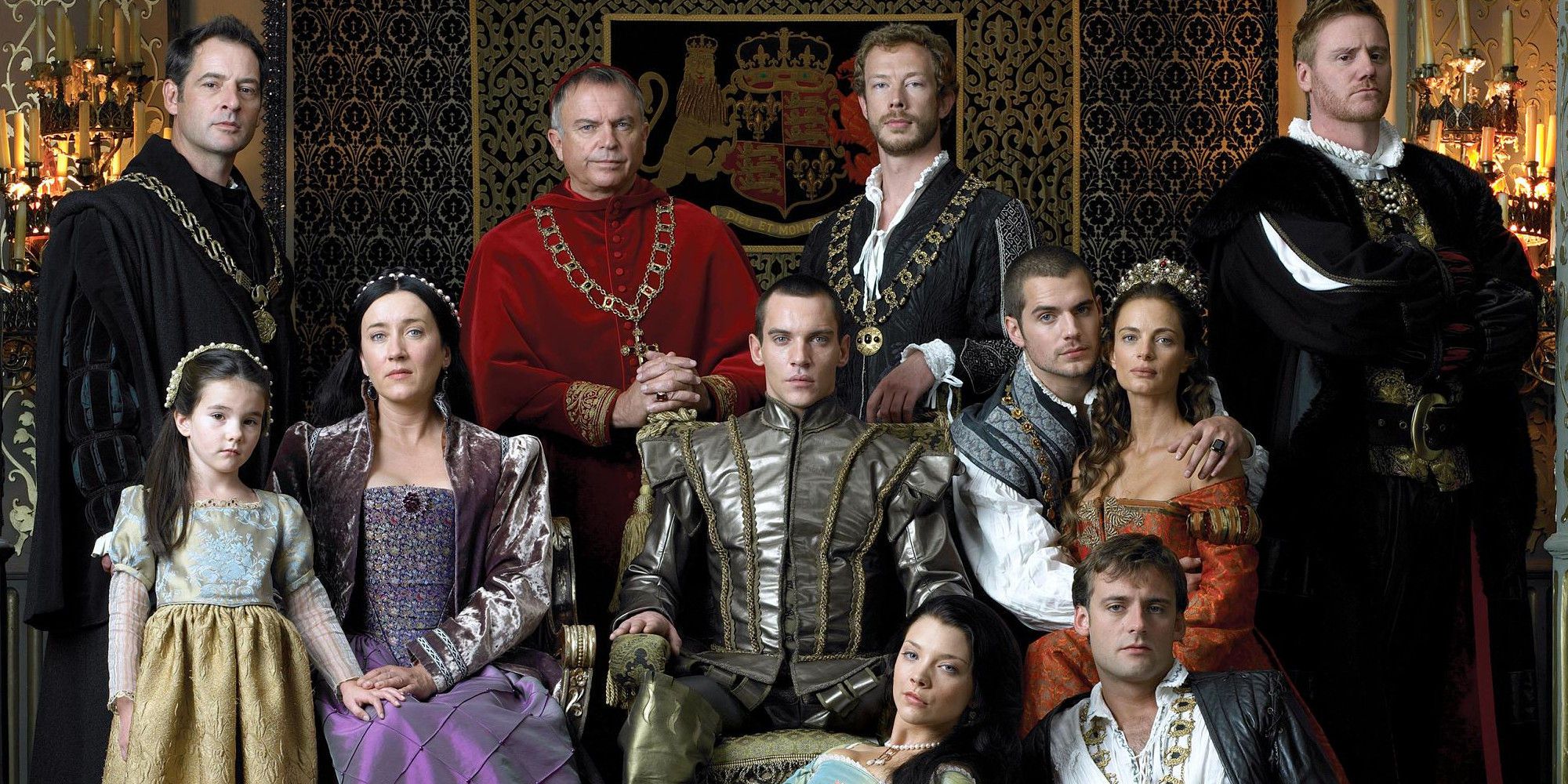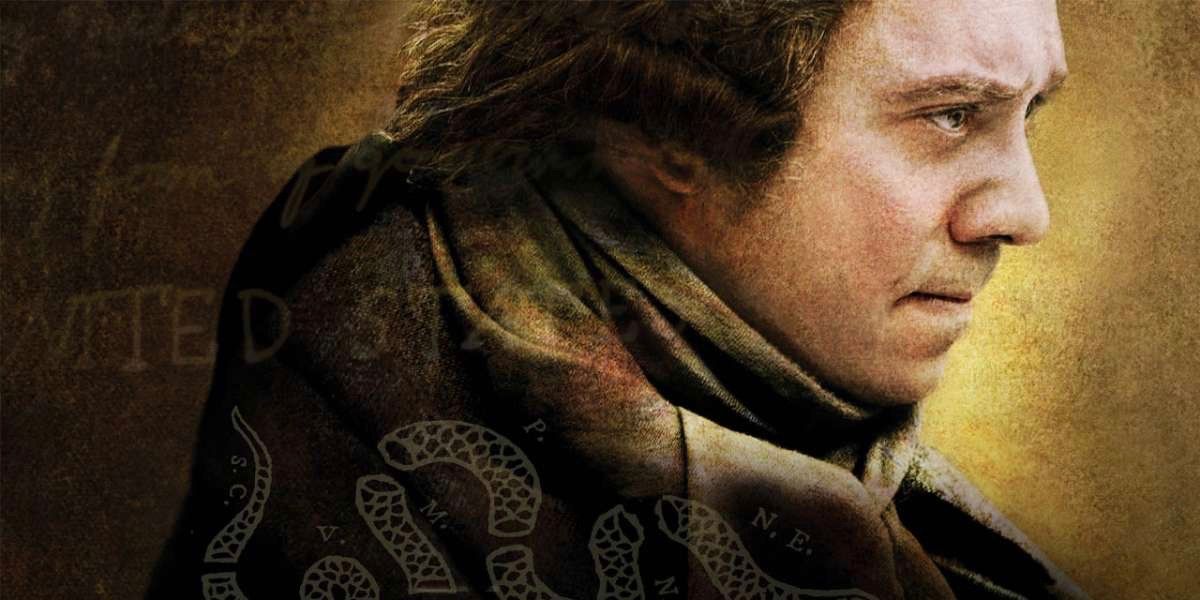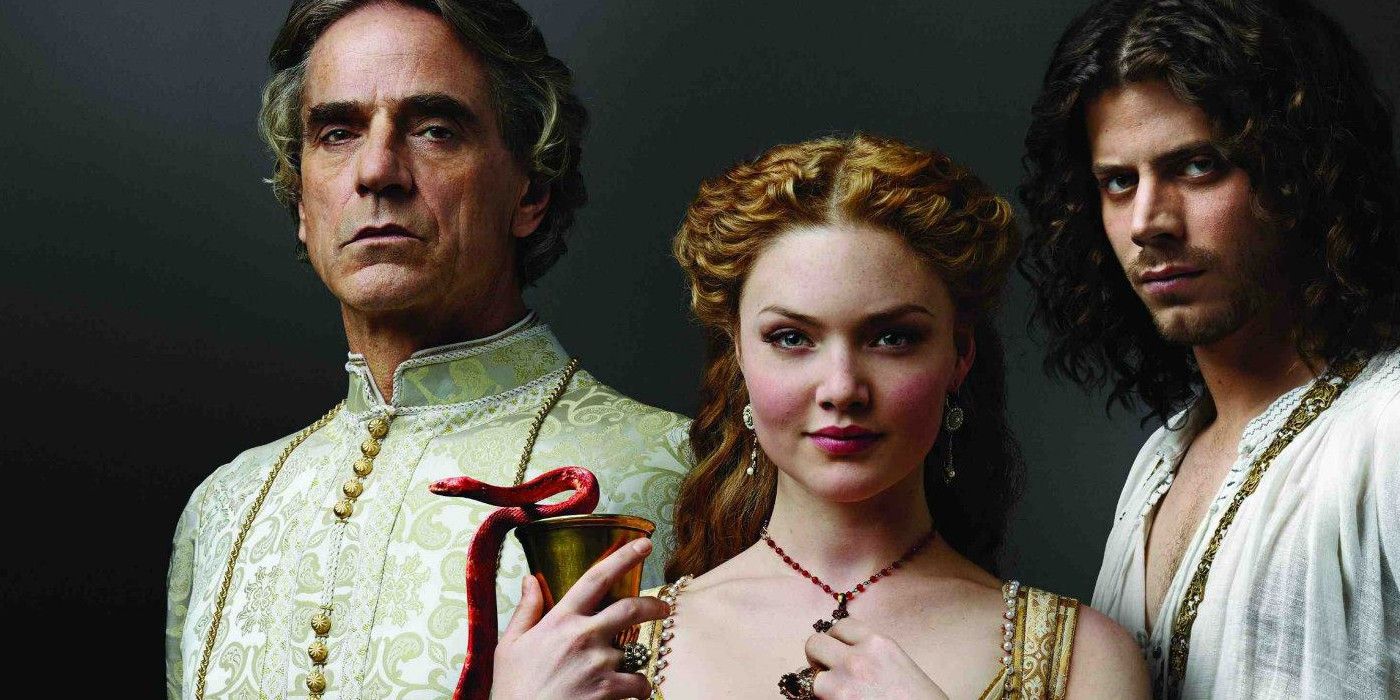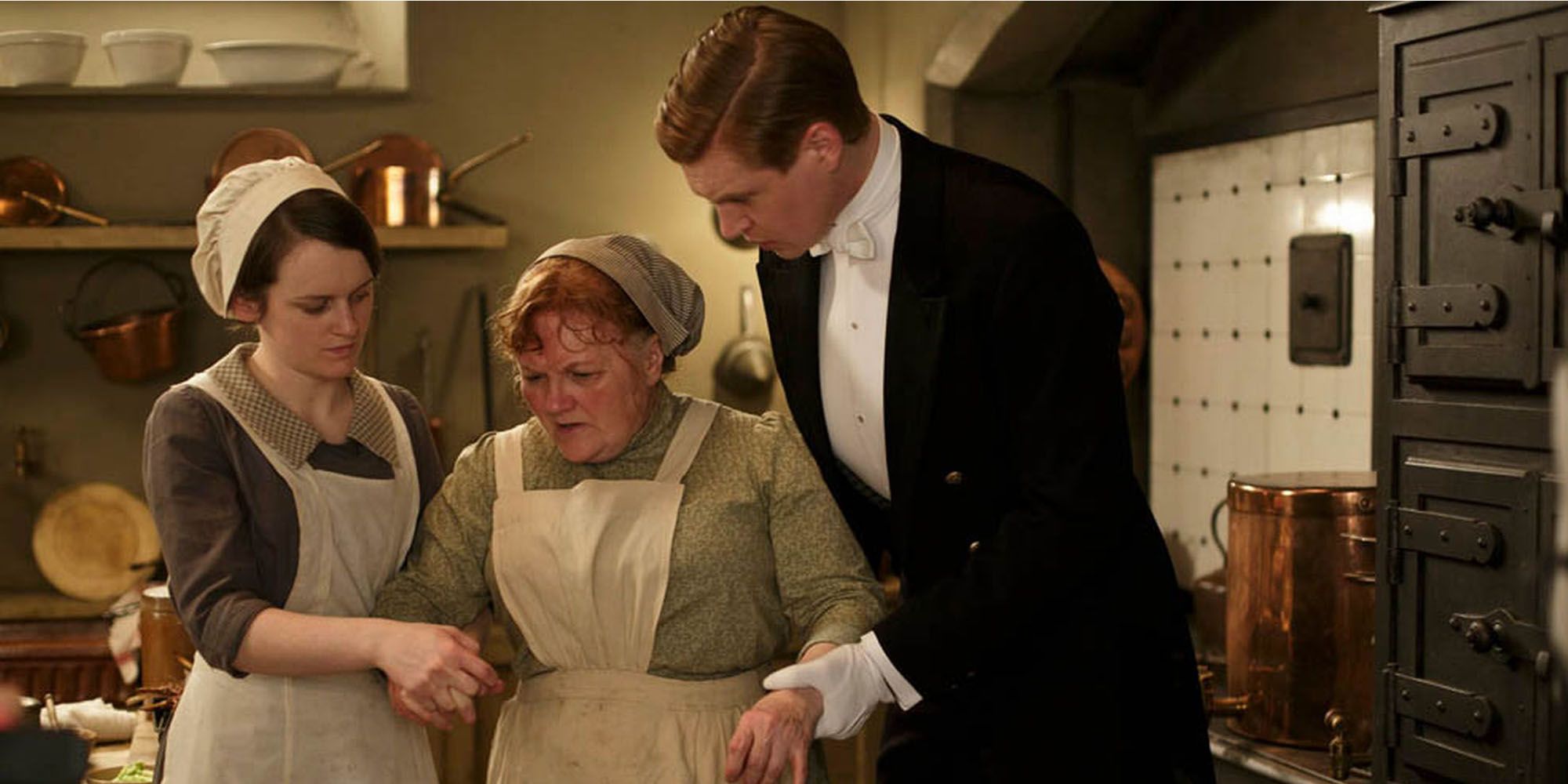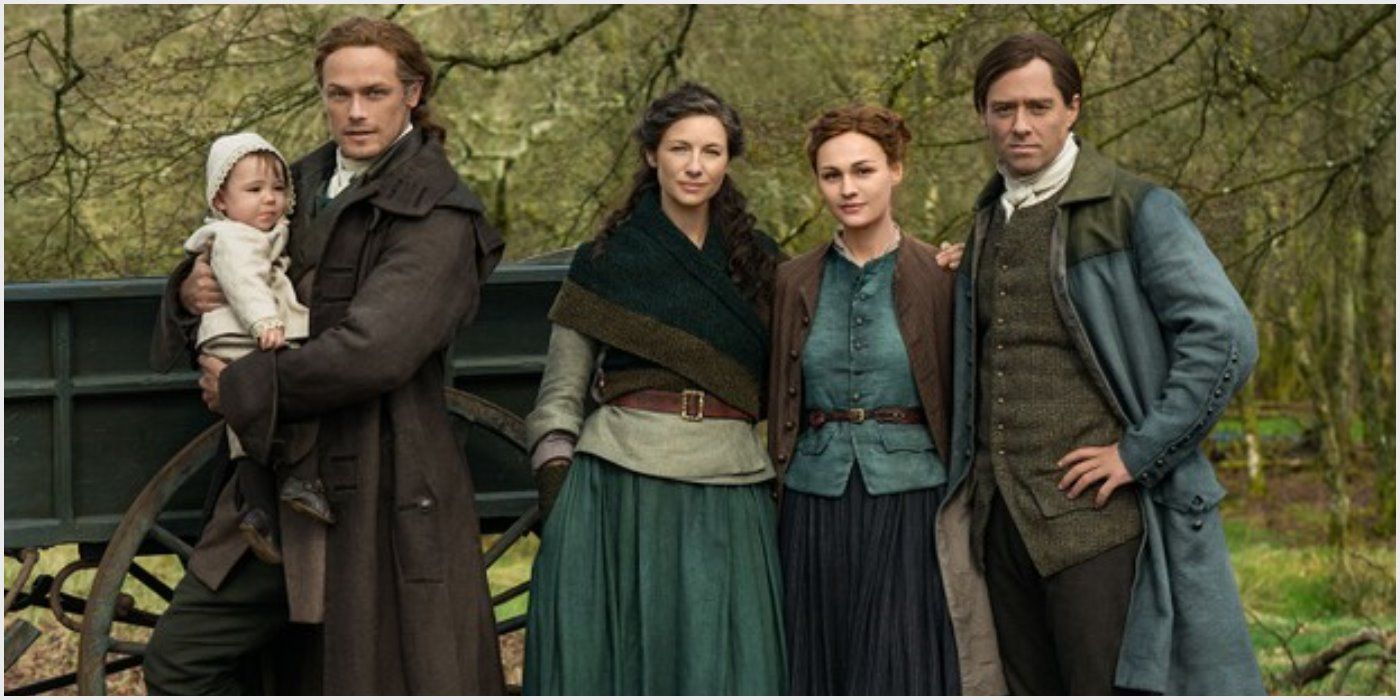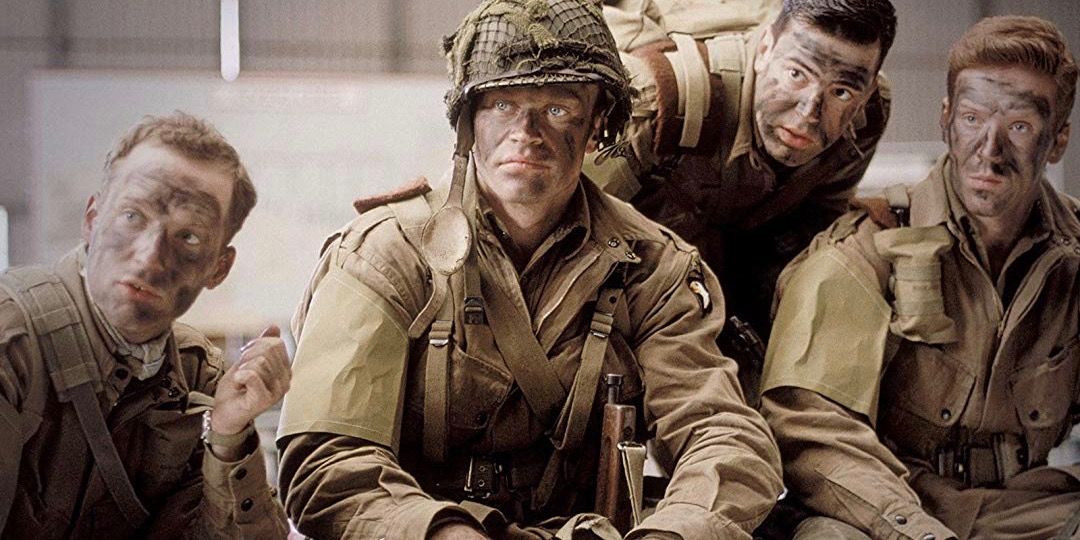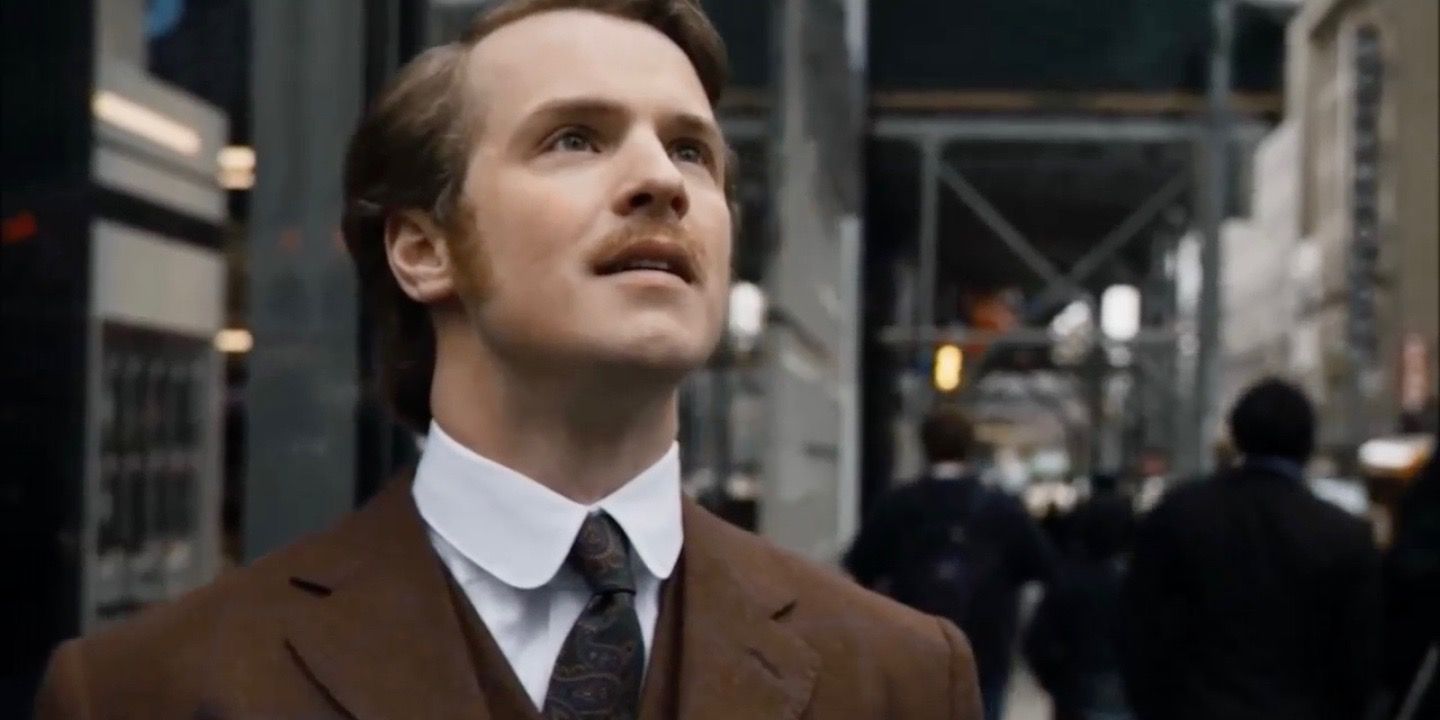Television can teach viewers a lot, and not just through documentaries and news stories. Many stories of historical fiction are actually developed to mirror the truth incredibly accurately, and even those that are less accurate can lead to viewers doing a little extra background research to flesh out their understanding of the show as well as world history.
While every program of historical fiction must embellish certain details to keep plot lines moving or perhaps fit into a season or run time, some shows are better at sticking to the facts than others. Depending on how accurate viewers want their historical fiction to be here are a few shows to enjoy and, perhaps, a few to avoid.
Most Accurate - Hatfields and McCoys
Hatfields and McCoys was a History Channel miniseries that premiered in 2012. For three episodes viewers got to experience Kevin Costner and Bill Paxton act out one of the most famous family feuds in all of American history.
Once, close friends, the families come to blows after the Civil War for a number of reasons, including a stolen pig. They almost bring their resident states (Kentucky and West Virginia) along for the ride too. Reviews noted the accuracy of the portrayals in the series
Least Accurate - Victoria
Victoria, the popular drama about the rise and reign of Queen Victoria on PBS, is going into its fourth season. While the show has been well-reviewed and is certainly enjoyable it is less than historically accurate when it comes to portraying the great-great-grandmother of the current British monarch, Elizabeth II.
A large part of season one sees Victoris smitten with Lord Melbourne, Rufus Sewell, which is great drama but not the case in reality. Rather, Victoria fell in love with Prince Albert at first sight, rather than growing into their relationship.
Most Accurate - Mad Men
Unlike the Hatfields and McCoys, Mad Men does not depict real-life figures from the 1960s but it certainly is an accurate depiction of the era in which the advertising drama takes place. From the clothes to the architecture, Mad Men is beautiful on screen. It embraces the very particular style of America in the 1960s.
It also takes it time to address many of the developments and changing times that came along with the decade, from women in the workplace to working mothers, and the "boy's club" that was so often found in the office.
Least Accurate - The Tudors
King Henry VIII makes perfect sense as a historical monarch to focus a television drama around. The man had six wives, four of whom perished in his lifetime. As the saying goes, "divorced, beheaded, died, divorced, beheaded, survived". But while the facts of Henry VIII's life ar fascinating the Showtime series saw very little reason to stick to the historical information at hand.
For one, Jonathan Rhys Meyers is quite a bit more attractive than the rotund king of England. He had certainly left a good portion of any of his good looks behind by the time he reached forty and got involved with Anne Boleyn.
Most Accurate - John Adams
Another American miniseries, this one from HBO, sticks to the history books while depicting the American Revolution and the rise to the second president of the United States.
It certainly helps that the series was very closely based upon David McCullough's Pulitzer Prize-winning biography of Adams. Paul Giamatti offers viewers an award-winning performance as the titular Founding Father, his performance never wavering over the seven episodes.
Least Accurate - The Borgias
Three seasons of Showtime's The Borgias depicted Jeremy Irons as patriarch Rodrigo who rises to power in Italy eventually coming to take over as Pope.
There was a lot of make-believe scripted into the show, including the presence of Machiavelli as an advisor to the Borgia family. There was also no recorded family incest. It certainly makes for juicy viewing, but it will take a lot of time on Wikipedia to actually find the true historical story of the Borgias family.
Most Accurate - Downton Abbey
Like Mad Men, Downton Abbey takes on a set of fictional characters and pays very close attention to depicting a historically accurate world around them. This includes not only real-world events (including the sinking of the Titanic and World War I) but also incredible societal details of the time period.
From the Grantham family changing outfits dozens of times during the day, to the way in which every table is set with hundreds of plates and silverware for every meal, the world in which Downton takes place is completely and accurately on view.
Least Accurate - Outlander
Again, like The Borgias, changes are often put into place to increase the drama of what is depicted on screen. However, the historical inaccuracies surrounding Outlander have nothing to do with the time travel aspect of the show.
The bulk of the show takes place around 1743 and, unfortunately, a large portion of the plot touches on witchcraft which, luckily for Salem, was outlawed as a crime almost ten years before. Let's add to that the incredible cleanliness of the cast, and there were a few more modern medicines available than the show wants viewers to believe.
Most Accurate - Band of Brothers
HBO has another historically accurate hit with its Band of Brothers miniseries. Besides opening episodes with interviews with real-life veterans, the look and feel of the program, and the interactions of its stars, has been lauded as reflecting the real-life experiences in the most realistic way possible.
Band of Brothers, like John Adams, was also based on a very well-received nonfiction book.
Least Accurate - Time After Time
Time After Time aired on ABC for a single season, depicting Jack the Ripper jumping through time in the time machine of H.G. Wells. Again, like Outlander, it is not the time machine that's being taken issue with.
The bigger problem is Jack's seeming obsession with guns when due to his name "The Ripper" he was always much more interested in (and used quite a few) knives. When making the jump to science fiction it can often help to ground the show elsewhere, like in a few moments of historical accuracy.

